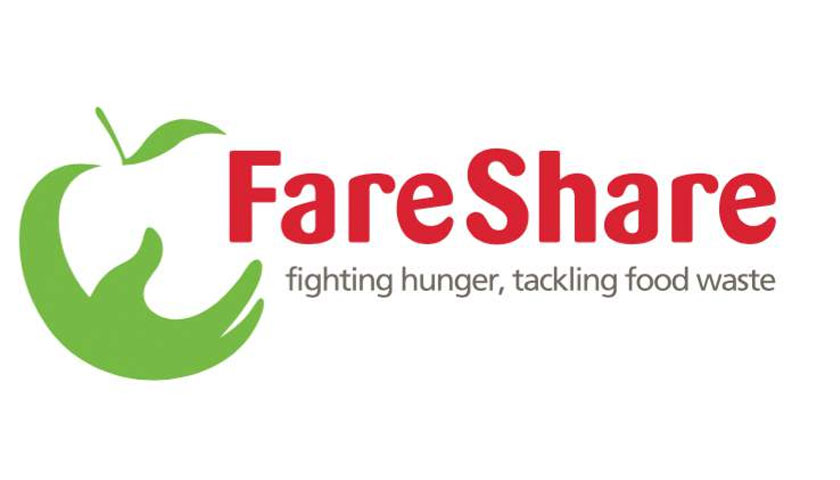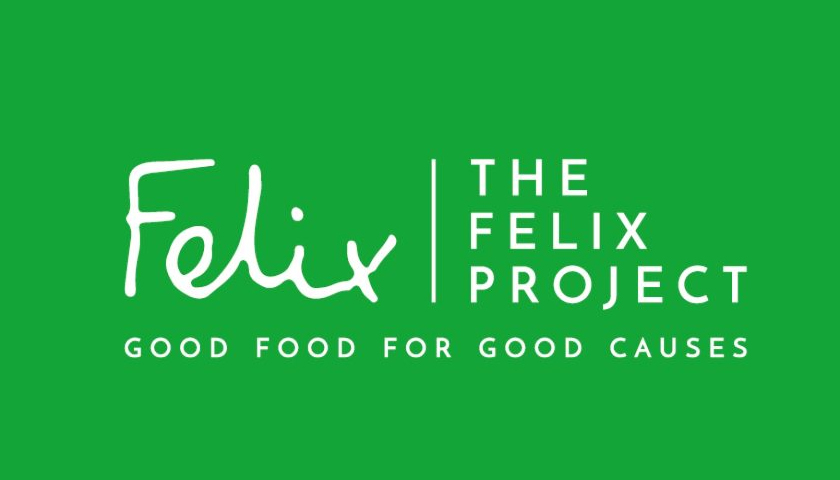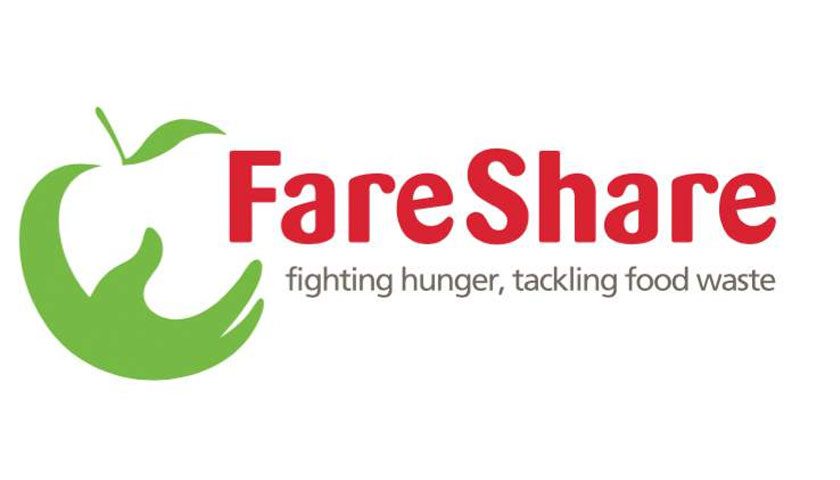FareShare is once again calling for the renewal of a ground breaking government trial scheme, which helps with the costs of diverting surplus food to frontline charities.
“When modest financial support to offset the additional costs of redistribution for farmers and producers is made available we can almost double the volume of food we save from waste in this country. When this support is withdrawn, thousands of tonnes of good quality surplus food within our supply chain will, inevitably, end up being wasted, instead of being diverted to charities supporting those at risk of hunger.
“We have a crucial opportunity to step up and become a world leader when it comes to tackling food waste — which is why we are urgently calling for a continuation of this ground breaking funding, as part of the green recovery.”
FareShare CEO, Lindsay Boswell
It follows the publication of the government’s response to the second Covid 19 and Food Supply Report from the Efra Committee, which has rejected the committee’s recommendation that this funding be extended.
In 2019 FareShare used a grant from Defra, as part of the trial, to set up its pioneering Surplus with Purpose initiative. Surplus with Purpose works with small-scale farmers, growers and suppliers to help with the extra costs involved of redistributing unsold or unwanted good-to-at food, rather than send it to animal feed, anaerobic digestion or landfill.
The grant enabled FareShare to redistribute an additional 4,447 tonnes of food, enough to create 10.5m meals for vulnerable people. This resulted in 85% more fruit and vegetables reaching frontline charities and community groups. Surplus with Purpose now accounts for more than a third of the food that FareShare redistributes through its network of nearly 11,000 charities.
A renewed grant of just £5m per year would enable FareShare to get enough fresh food to double the amount of food delivered to charities supporting those in need in the aftermath of the pandemic. This would be another 22,250 tonnes of surplus food, which would be the equivalent of an additional 54 million meals to those in growing need.


